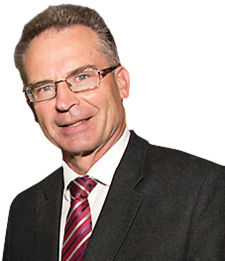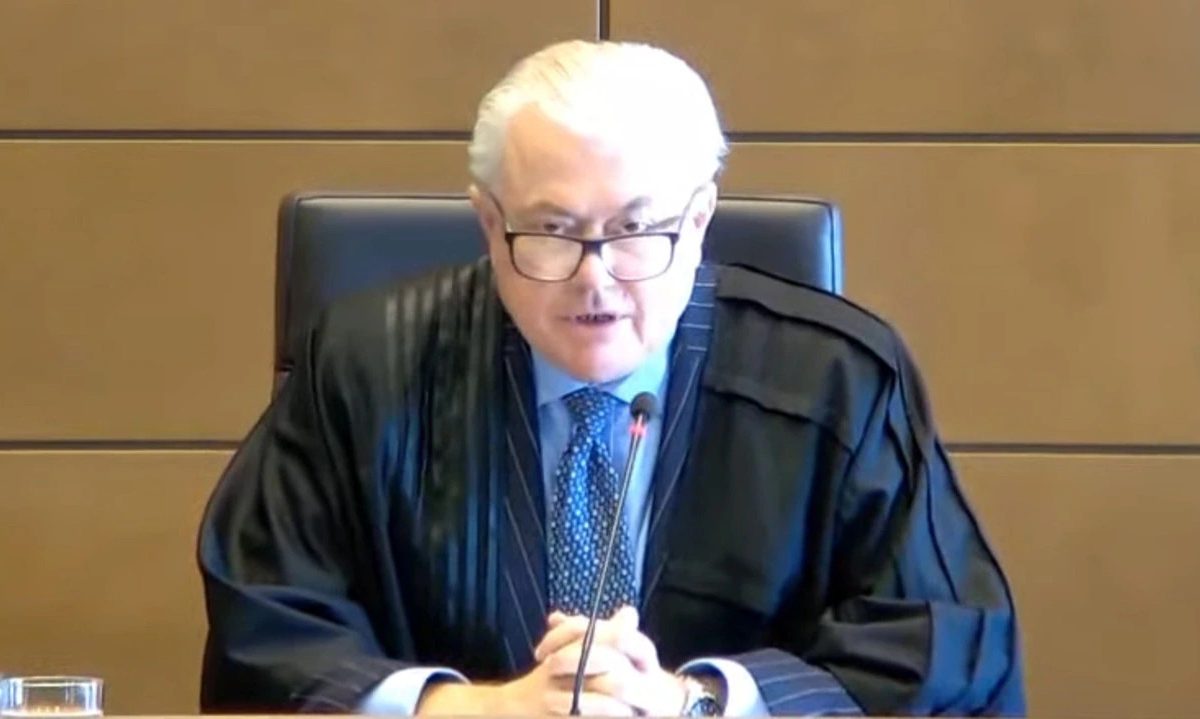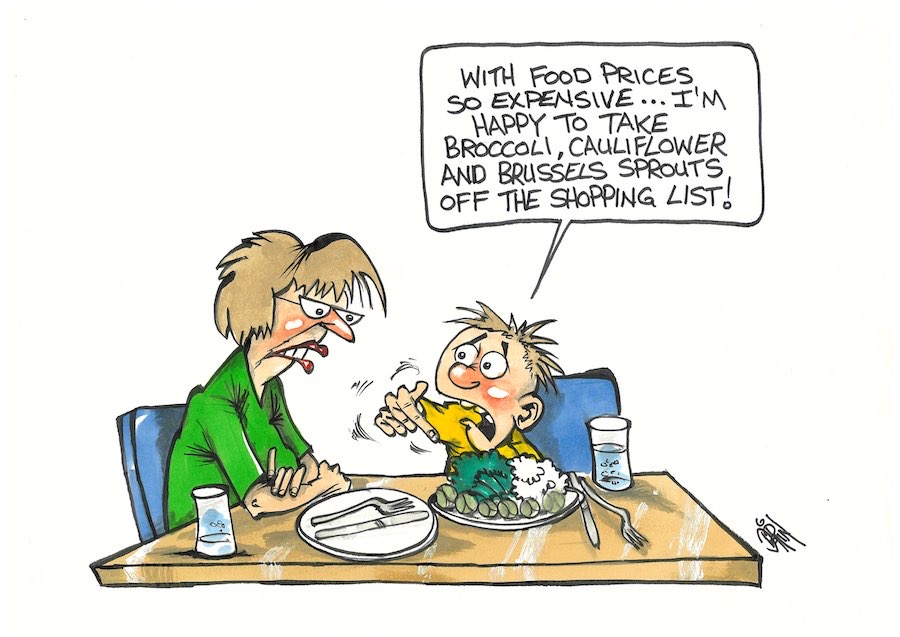ON October 24, I attended and spoke at the 21st annual remembrance ceremony in Weston Park for people from Canberra who have lost their lives to illicit drugs.

In a touching and deeply moving ceremony more than 250 names, submitted by family or friends, of people who had died from drug use, were read out. The ceremony is organised by Families and Friends for Drug Law Reform.
In an interesting if unfortunate coincidence, on the same day as the remembrance ceremony local media reported the outcomes of the “Dob in a Dealer” campaign conducted in Canberra over the previous six months by Crime Stoppers.
Crime Stoppers reported that as a result of the campaign there had been a 40 per cent increase in drug related tip-offs to the police. There were a total of 525 drug-related calls during the campaign with 129 tip-offs in September alone.
ACT Policing was reported as advising that the tip-offs had “significant operational outcomes” and that “every little bit of information can be significantly important in building a picture that assists in reducing illicit drugs within our community”.
It would be interesting, one month after the end of the Dob in a Dealer campaign, to see evidence of the actual impact it had on the availability of illicit drugs and the level of drug use in Canberra.
The reality is that while there may have been a hiccup in supply, there was most likely no real change in either use or availability of illicit drugs in Canberra as a result of this campaign or indeed any other policing or drug-related enforcement activity. There are a range of possible sources of data that would reveal the effectiveness of a criminal law response to illicit drug use.
I have, for example, since accepting employment at Winnunga Nimmityjah Aboriginal Health Service, where I work as an adviser, undertaken the mandatory training and been authorised to supply syringes as part of the ACT Needle and Syringe Program.
I accordingly regularly assist in the supply of needles at the Winnunga needle exchange and, while I have not analysed the data, my observation is that there was over the six months of the Dob in a Dealer campaign absolutely no effect on the number of needles distributed to drug users.
It is in response to the nature of drug addiction, reinforced by the experience of living with and supporting a drug-addicted family member or friend, that Families and Friends for Drug Law Reform has developed a detailed evidence-based drug law reform agenda that, as a central tenet, requires acceptance that drug-law policies founded on prohibition have failed. I agree.
The criminalisation of drug use has led to the conflating of community antipathy towards drug dealers to the stigmatising of drug users – people suffering an illness and deserving of our support and compassion. The demonisation of drug dealers, while understandable, does nevertheless also impact negatively on community attitudes towards drug users and most particularly people addicted to illicit drugs.
The current system has not only led to the cruel stigmatisation and marginalisation of drug users, but in many instances undoubtedly contributed to their death.
Richard Di Natale and the Australian Greens are to be congratulated for their leadership on drug law reform. Leader Di Natale’s announcement that the Greens have adopted a policy position in favour of the decriminalisation of drugs in Australia has the capacity to be a catalyst for a national conversation that could encourage both the Labor and Liberal Parties to embrace change.
The disappointing and rather ideological opposition to the Greens position from the president of the AMA does not bode well. However, more encouraging was the concession by President Barack Obama, in support of Richard Di Natale, that marijuana should be regulated in the same way as tobacco and alcohol.
I mentioned earlier that I do some work in a needle exchange. The most striking thing about the people to whom I provide needles is their individuality and their normalcy. They are Canberrans, and like all of us, with issues and challenges, trying in their own way to make it through. They could be your mother or father, uncle or aunt, perhaps even your son or daughter. They might be a friend of yours or a close neighbour. I don’t know who they are, but I can tell you they each have a face.
Jon Stanhope was Chief Minister from 2001 to 2011 and represented Ginninderra for the Labor Party from 1998. He is the only chief minister to have governed with a majority in the Assembly.
Who can be trusted?
In a world of spin and confusion, there’s never been a more important time to support independent journalism in Canberra.
If you trust our work online and want to enforce the power of independent voices, I invite you to make a small contribution.
Every dollar of support is invested back into our journalism to help keep citynews.com.au strong and free.
Thank you,
Ian Meikle, editor




Leave a Reply